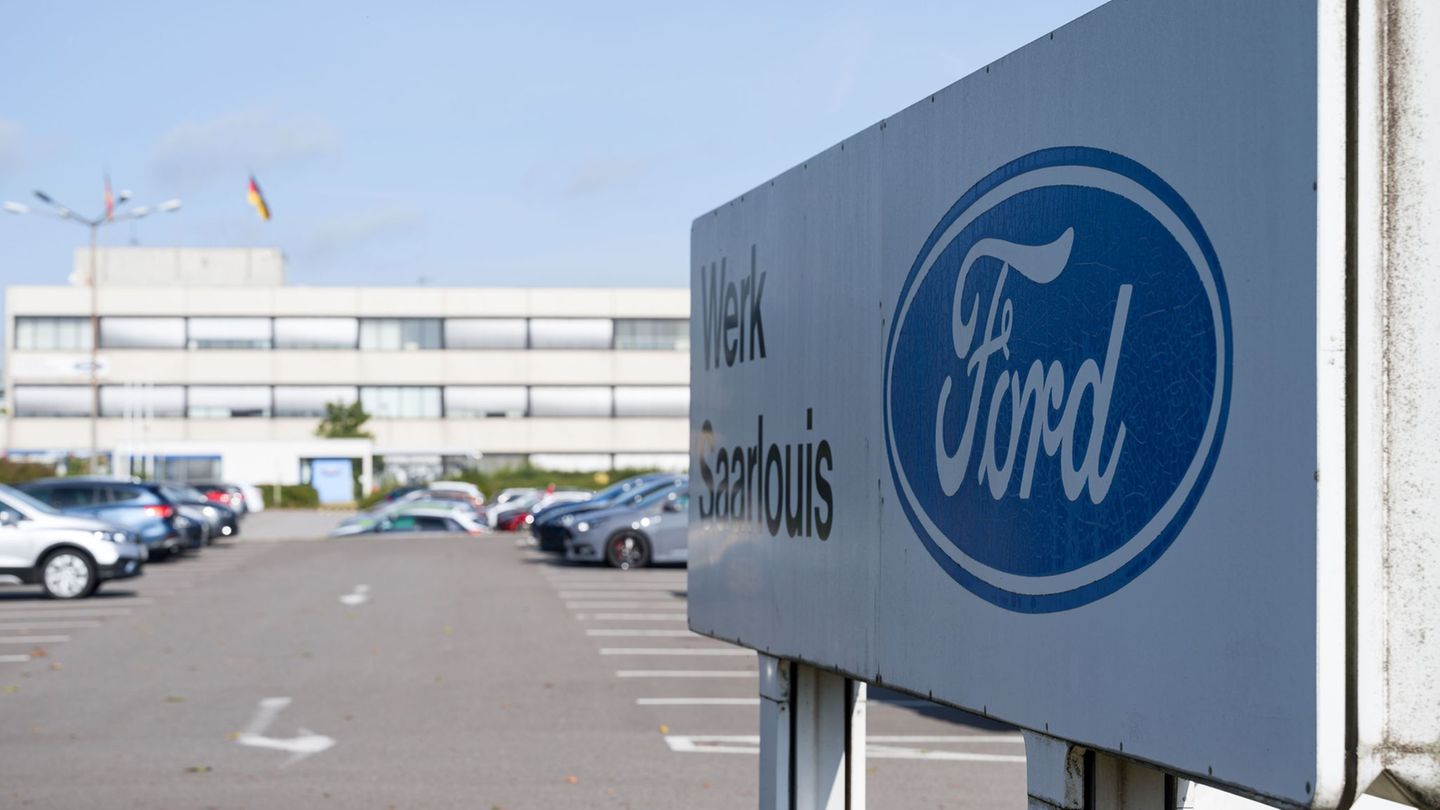The CEO fired, hundreds of employees rebelling: What will become of the previous AI market leader OpenAI? Some industry experts already see the start-up as coming to an end.
By Niklas Wirminghaus
The imbalance at the world’s leading AI start-up OpenAI, triggered by the completely surprising expulsion of CEO and co-founder Sam Altman on Friday, continues to concern the entire tech scene days later. After several hundred employees called for the resignation of the controversial OpenAI board of directors in a protest letter on Monday and major investor Microsoft announced that it had recruited Altman to head a new AI research team, the question of the future of OpenAI is increasingly being asked.
In their letter, around 700 of OpenAI’s 770 employees threaten to follow Altman to Microsoft – an unprecedented brain drain would result. And very likely a considerable loss of value for the company, which is said to have recently negotiated a valuation of 80 to 90 billion dollars in investor discussions. Without the appropriate experts, OpenAI would hardly be able to produce similarly revolutionary products as before.
German Silicon Valley veteran Andreas von Bechtolsheim, once the founder of Sun Microsystems and one of Google’s first financiers, has drastic words for the start-up’s prospects: “The game is practically over for OpenAI.” It is probably “the first example of a company whose board of directors kicked out a well-loved founder and thereby destroyed the company’s success,” said Bechtolsheim star and “Capital.” “This will go down in Silicon Valley history as the stupidest decision ever made.”
OpenAI is “only worth a fraction”
OpenAI has produced the world’s leading AI technology. The new CEO Emmet Shear, who was appointed on Monday, has “no special knowledge of AI”. OpenAI will “no longer be able to raise money at astronomical valuations and is only worth a fraction of what it was three days ago,” said Bechtolsheim.
The investor sees the company’s unusual structure as a non-profit organization with a board of directors that is not accountable to the company’s shareholders as part of the problem. In the committee, the warning voices who are against the uncontrolled further development of AI were recently in the majority – especially because they no longer wanted to support Altman’s rapid pace, they apparently threw him out the door.
Andreas Liebl from the Munich-based initiative AppliedAI also believes that the events revealed a “conflict of direction in the AI scene.” “To what extent should safety be prioritized over commercialization? Currently, it appears that those who prefer to act more cautiously have gained the upper hand.” It is not yet clear “what this will mean in the long term for the company value of OpenAI, the crazy investment competition in Silicon Valley and the overall direction of the field,” said Liebl.
Opportunity for Microsoft
According to Daniel Szabo, head of digital at the Hamburg mechanical engineering company Körber, the organization of the AI market leader needs to be reformed. “OpenAI is at a turning point that requires an adjustment of the governance structure to meet the needs of a global tech company.”
Szabo also points out the danger that OpenAI could run into major problems without its most important employees – this shows that “even in the tech industry with its rapid development and innovation, people are still at the core of success.” On the other hand, the change of Altman and many of his loyal followers is also an opportunity for Microsoft. The group could “establish itself as a future market leader in the AI industry, with far-reaching effects on the global technology market,” said Szabo.
AI for everyday life
Helpful tips on how to use ChatGPT sensibly without any prior knowledge
Investor Bechtolsheim is certain that OpenAI’s key employees will “either quit and join Sam Altman and his new AI unit at Microsoft, or be recruited by competitors.” The whole thing is “the biggest, most sudden and most unnecessary self-inflicted defeat in the history of Silicon Valley.” The only historical parallel he can think of is 500 years old – “when China ordered the destruction of its entire merchant fleet because the political elite feared the growing power of traders.”
Collaboration: Doris Schneyink, Jenny von Zepelin
Source: Stern




